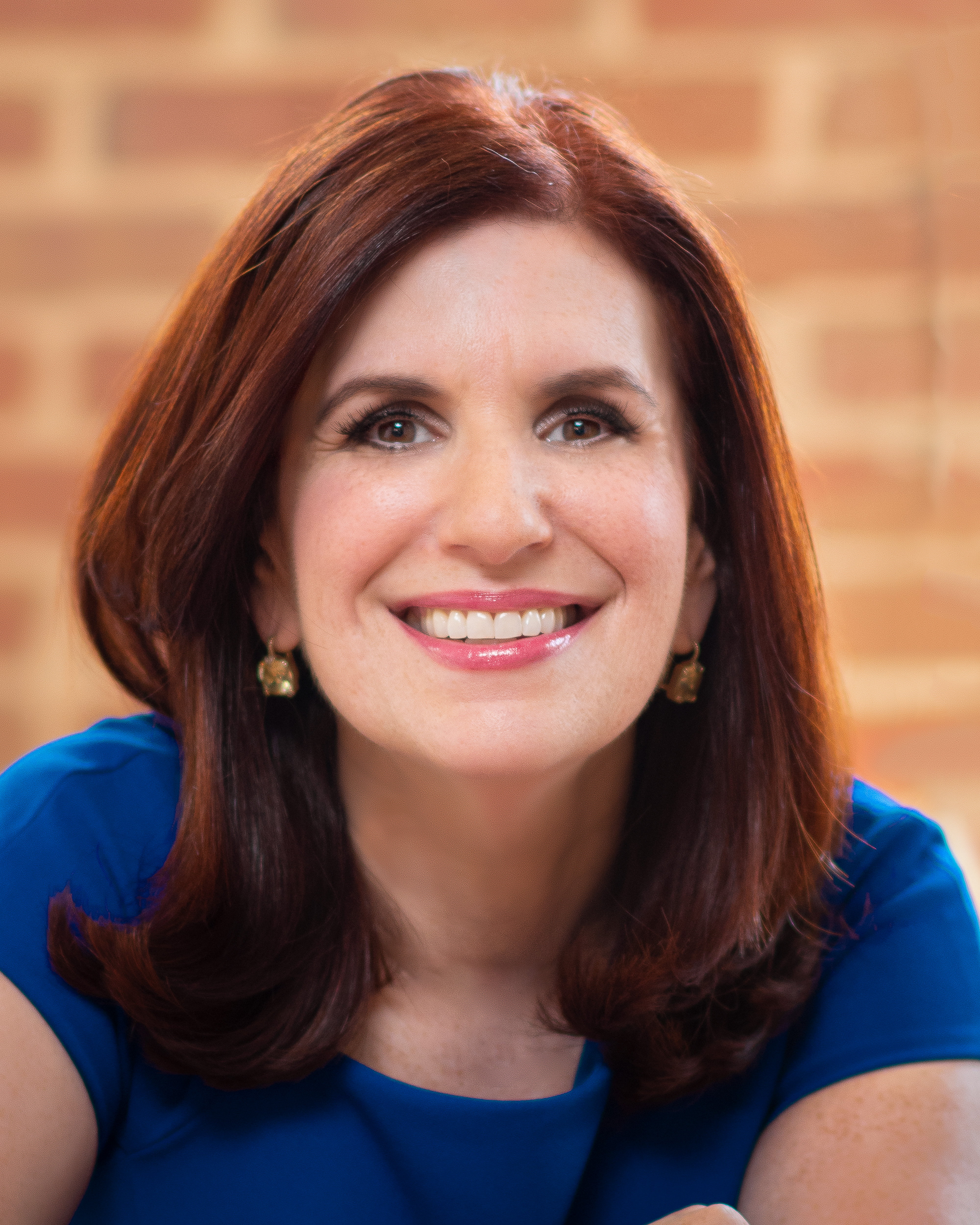Forget having a fancy car, nice house or some major bling. These days, being perceived as busy has become a badge of honor. According to the authors of “Conspicuous Consumption of Time: When Busyness and Lack of Leisure Time Become a Status Symbol,” an article published in the June 2017 issue of the Journal of Consumer Research, having a busy, overworked lifestyle has become an aspirational status symbol in the U.S. That belief arises from feeling that leading major initiatives, having tons of work to complete and numerous decisions to make means you possess an abundance of power and influence.
Depending on your environment and peers, that perception can certainly be true. I’ve seen this belief run rampant outside of corporate environments as well, with creative professionals, suburban soccer parents, students, full-time volunteers and more aspiring to be perpetually busy, and therefore successful in their pursuits. Come on, haven’t you ever felt self-important and virtuous while complaining to others about having way too much to do?
However, locking your self-worth into the belief that you constantly must be “doing” – taking action to make something happen – can lead you into a whole heap of being stuck. Instead, we can all benefit from “being” more. By being, I refer to the state of just existing. While different, being and doing aren’t mortal enemies like Harry Potter and Voldemort. Having helpings of both on your plate can help unlock your full potential.
Life, Leadership & Business Coach Kacey Cardin, PCC, recounts talking recently with an individual who was so focused in the doing of her projects that she became bogged down in perfectionism and self-doubt. When Cardin shifted their conversation into a being-based discussion about who this individual wanted to be and would be in life, it blew everything wide open. Her client was able to create approachable, practical steps that made attaining her goals much more accessible.
“Your being is something innate that you are just born with; it’s instantly accessible and always within you,” says Cardin. “Doing is a constantly moving target. It’s almost impossible to ever get to all the doing and experiences on your list.”
Living in a doing-based society can make it hard to access your ability to just be. Especially when you get rewarded and recognized for being busy. But the effort to tap into being is certainly worth it. Here are four ways to embrace being:
- Plan for it. Live and die by your calendar? Then leverage that practice by making time to connect in with your being. Start by allocating 10 minutes one day a week to stop doing and let yourself be still. Put a timer on it if needed; but chances are good you will start carving out time regularly for this energizing experience.
- Be intentional. Rather than doing without purpose, decide what your theme, focus or desired outcome will be for the day ahead. Decide who you want to be and how you’d like to experience that time. “When you are intentional about that every single day, it changes the lives of everybody around you,” adds Cardin. “Intentional practices allow you to transform your career, relationships and most importantly, your relationship with yourself. Having your relationship with yourself be being-based instead of doing-based is enlightenment.”
- Quiet your mind. Meditation and breathing exercises can be extremely effective in helping you disconnect from doing. There are numerous free apps and YouTube videos available to take you through the process in just a few minutes. As noted in our Pause chapter, make sure digital devices are disabled so chimes, reminders and notifications don’t cause a distraction. My husband used to row on a crew team and one of his favorite parts about being alone on the water during practice was the peace that came from living in the moment.
- Reinforce the positive. What did you get from the process of being? If it provided to be beneficial, record that somewhere in a notes file, journal, audio app or another forum. Creating this reminder of positive outcomes from being, especially as it relates to your day-to-day existence, creates evidence to your doing self about its value.

